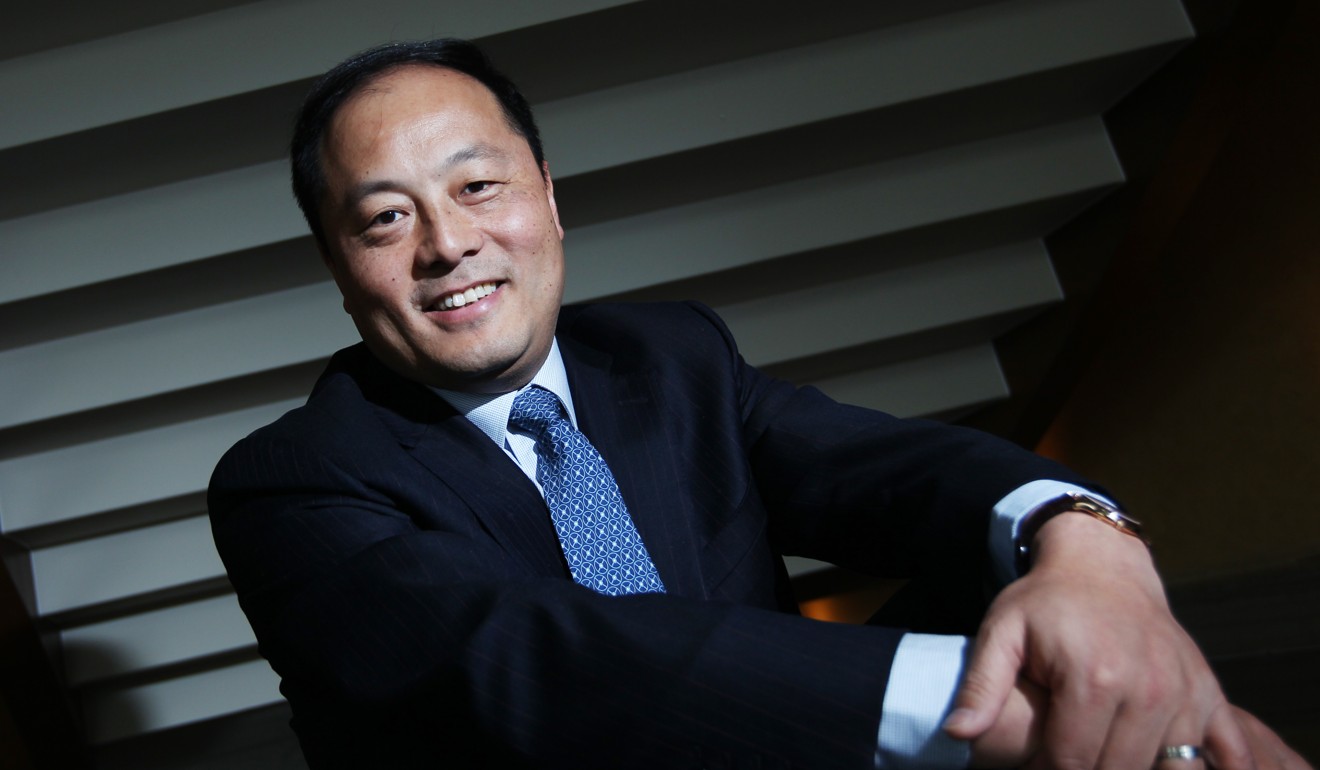
������̬
Financial News: Hony Capital hits Chinese sweet spot
AddTime��2008-08-06
Firm��s strategy of buying and working with state-owned enterprises is paying dividends
If China is one of the hottest markets in private equity then the firm at its sweet spot is Hony Capital.
Last week, Hony closed its inaugural overseas investment and in June raised more than $2bn (�1.4bn) for private equity deals in China �C nearly four times the size of its last fund raised in late 2006.
Hony��s rise has outstripped the rest of the market: last year there were 177 deals in mainland China, up 59% from the year before, while the amount invested rose by 8.9% to $12.8bn.
The development of Hony has reflected the Chinese characters representing its name: perseverance and having a grand vision.
Formed in 2003 with $38m of captive money from its parent, technology conglomerate Legend Holdings, Hony took the then-controversial approach of trying to buy out Chinese state-owned enterprises and working with their existing management teams to improve the companies.
This strategy of being aligned with Government aims to make business more efficient and consolidate industries to create national champions able then to expand and acquire overseas has seen peers belatedly attempt to copy the model.
John Zhao, chief executive of Hony, said: ��In 2002 and 2003 the industry was mainly Hong Kong-based multinationals trying to venture or do growth capital deals and mainly focused on companies run by returning Chinese nationals who had worked overseas (called Haigui).
��The low-hanging fruit was seen as pre-flotation businesses and SOEs were hard to do. Now, restructuring SOEs is sexy and to raise a larger fund a firm has to promise this type of strategy.��
In June, Hony closed its fourth dollar fund at $1.398bn, a lucky number, after being subscribed five-fold for its initial $1bn target, and raised its first renminbi fund at 5bn renminbi (�525m) with a third each of its limited partners coming from North America, Europe and China, including such heavyweight names as China��s National Social Security fund, Pantheon, University of Notre Dame and Calstrs.
Zhao, a Haigui himself after 15 years in the US, returned in 2002 after an MBA and a stint leading to Silicon Valley-based start-up businesses, Vadem and Infolio. In China, he was an adviser to the chief executive of Legend Technology subsidiary Lenovo for
a year, helping its international acquisitions strategy.
This strategic advice eventually culminated in Lenovo��s 2005 acquisition of US peer IBM��s personal computer division for $1.25bn.
Zhao said after a year of studying the market he decided on a strategy of building an investment firm that would not only offer money but also help SOE management, although about 40% of its deals are from providing growth capital to domestic businesses.
He said: ��I decided not to compete with established growth capital firms so I had to pick a niche able to grow but with little attention from competitors.��
He has been helped by strong connections with Legend. Zhao said: ��Hony has relied on Legend��s trusted name to add credibility and the relationship has been mutually profitable. Hony has adhered to Legend��s culture of being transparent and governed to deliver. It has also helped with gaining bank finance as Legend can offer comfort letters but the main advantage has been its reputation.��
Hony tailored its approach to Chinese investments: it has never replaced a management team and looks beyond pure financial profits to see the impact on jobs and society. Its appeal to Chinese state administrators and SOE managers comes from having half its investment professionals drawn from operating companies rather than investment banks.
Last month, Zhao also formed a Hony Consulting division with 10 staff to help improve its portfolio companies.
As a result, Zhou said he wanted Hony to be ��investor of choice for SOEs and large-scale businesses by building an institution that can last, like Goldman Sachs��.
Hony��s best-known example of perseverance and transformation of an SOE wasChina Glass, which grew revenues by 81% per year under Hony��s ownership after it listed in Hong Kong to gain acquisition currency to consolidate the industry and take a 70% market share.
Hony has capitalised on China��s entrance into the World Trade Organisation in 2003 and the development of a ��Go Global�� strategy to help Chinese enterprises to explore the overseas market by then-Chinese Premier Zhu Rongji.
One of its most successful deals has been its investment in manufacturing group Changsha Zoomlion Heavy Industry Science and Technology Development Company. Hony invested less than $20m in June 2006 and listed on the domestic Shenzhen A-Share Index last year to realise nearly double its investment while retaining a substantial shareholding.
After getting help in reorganisation of the company structure and board Zoomlion has become one of the latest waves of Chinese businesses to expand abroad.
To become the second-biggest global concrete machinery maker, Zoomlion paid �163m ($226m) for 60% of Italy��s Cifa with Goldman Sachs, Mandarin Capital Partners (which is sponsored by China Development Bank and Banca Intesa) and Hony��s fourth fund taking the remainder.
Zhao said Hony��s strategy was ��to create sector leaders in China and then expand internationally by doing deals��.
To this end, Hony is aiding Chinese state policy and helping reclaim the country��s self-appointed role as the pre-eminent economic power.
? The company at a glance
Key people: Liu Chuanzhi, president of Legend Holdings and chairman of Hony; John Zhao, chief executive
Managing directors: Linda Wang, Shunlong Wang, Xihong Deng, David Qiu, Michael Luo, Owen Guo
Fund I* - Dec 03: $38m
Fund II - Sept 04: $87.4m
Fund III - Nov 06: $580m
Fund 2008 - Jun 08: $1,398m
Fund RMB - Jun 08: $714m
*Captive fund where money invested by owner Legend




